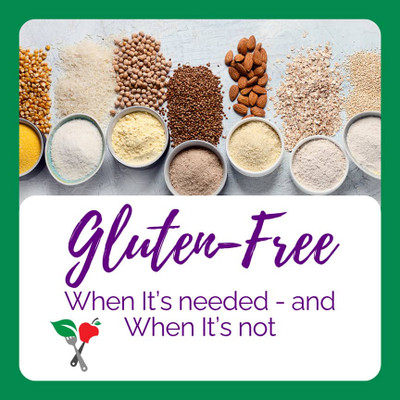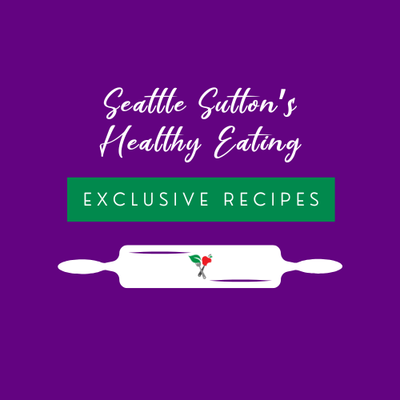6 Important Nutrients for a Healthy Postpartum Diet
For many women, finding out they are pregnant means getting healthy: stopping smoking, eating healthy, and adopting a new exercise routine. But after bringing baby home it can be hard to maintain these healthy lifestyle changes. Sleep deprivation, lack of routine, and the general demands of parenting can interfere with good intentions. However, focusing on fueling your body with a nutrient-rich postpartum diet is very important during this special time in your life. If you made good changes during your pregnancy, it is a good idea to keep up with them after your new baby comes home.
Losing the baby weight is a focus for many new moms. However, it is not advised to go on a strict diet during the postpartum period. Recovery should be the priority for the first 1-2 months after pregnancy. Losing weight too fast can impact your milk supply (if breastfeeding) and compromise your overall nutrition status. It is best to slowly return to your pre-pregnancy weight, which may take 6-12 months. Be patient, it took 9 months to put on the weight so it will take some time to take it off. How quickly you return to your pre-pregnancy weight depends on diet, exercise, how much weight you gained, and if you choose to breastfeed.
Following delivery, a women’s body is going through a period of healing and recovery which requires adequate protein, fluid, vitamins and minerals. On top of healing, the body also needs to restore a lot of important nutrients. Nutrition needs postpartum are different for breastfeeding and non-breastfeeding mothers but certain nutrition recommendations are the same for all new moms. For good health, focus on getting an adequate supply of these 6 important nutrients:
1. Calcium: While calcium needs don’t change for post-partum women, it is very important to consume enough. If your diet is lacking in calcium your body may draw calcium from your bones to keep the calcium content up in breastmilk, this may increase your risk for osteoporosis down the road.
Choose: Dairy products, calcium-fortified foods, calcium-set tofu, dark-green leafy vegetables, and fish with edible bones.
2. Iron: This nutrient helps the body make new red blood cells, which is especially important if you lost a lot of blood during delivery. Iron helps transport oxygen throughout the body. If your brain is not getting adequate oxygen because your iron levels are low, you can experience low energy and have difficulty concentrating.
Choose: Meat, poultry, and fish. Our bodies absorb iron from animal sources 2-3 times better than from plant sources. Spinach, raisins, prune juice, and baked potatoes also provide iron.
3. Choline: Pregnancy and nursing deplete the body of much of its choline stores. Choline is important to replenish because it is linked to better memory and if you are planning on getting pregnant again it is essential for nervous system development for baby.
Choose: Eggs, wheat germ, scallops, salmon, cod, shrimp, and peanut butter.
4. Folate: Your body needs folate to manufacture new cells and genetic material. Folate helps develop the neural tube during pregnancy, which becomes the baby’s spinal cord and brain. If you’re considering another pregnancy soon, it is very important to make sure you have adequate folate in your diet to replenish your stores.
Choose: Lentils, kidney beans, fortified grain products, and asparagus.
5. Omega 3 Fatty Acids: If breastfeeding, adequate omega-3’s (particularly DHA) in the diet may help increase the amount of DHA baby receives which helps to support brain development and provide vision benefits. DHA is added to most infant formulas.
Choose: fish (focus on fish low in methylmercury such as cod, haddock, Pollock, and light tuna), walnuts, and flax seeds.
6. Fluid: Drinking plenty of fluids post-partum serves many purposes. It can help prevent dehydration, promote normal bowel function, and if you are nursing, help support good supply. Avoid high amounts of caffeine and alcohol.
Choose: Water, milk or unsweetened plant-based milks, 100% fruit juice, and decaffeinated tea.
When taking care of a newborn it can be hard to prioritize healthy eating. Here are some tips to make it easier:
Choose healthy convenience items such as pre-cut fruits and vegetables, frozen fruit and unsweetened almond milk for an easy smoothie, washed and ready salad, hummus, individual nut butter packets, and quick cooking oats.
Prepare items ahead of time. If you are ahead of the game, it’s a good idea to prepare some freezer meals before you deliver. If you’re late to the game, don’t panic, take advantage of nap times to prepare a few freezer meals.
Meal planning can help reduce meal time scramble. By having an idea of what’s on the menu, even if it’s just grilled cheese and a quick salad, can help reduce the urge to call up the pizza joint down the road.
Try a healthy, pre-prepared meal program like Seattle Sutton’s Healthy Eating. Let them do the planning, shopping, and cooking for you.

Interested in eating healthy? Hungry for more?







 Weight Loss
Weight Loss Health & Wellness
Health & Wellness Diabetes
Diabetes Heart Health
Heart Health Motherhood & Family
Motherhood & Family Dietary Restriction
Dietary Restriction Other Health Conditions
Other Health Conditions About SSHE
About SSHE


